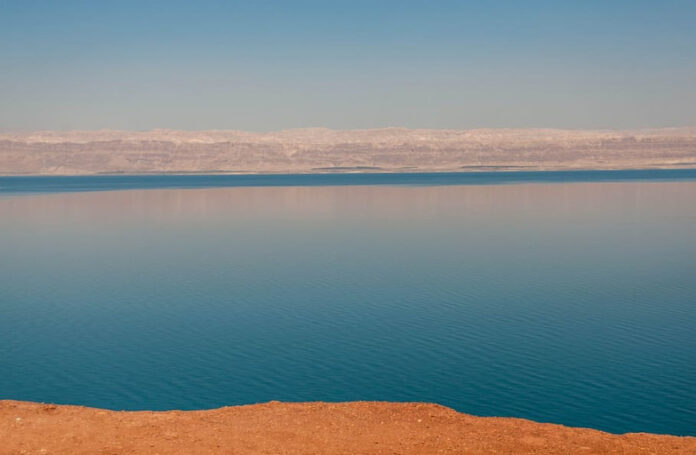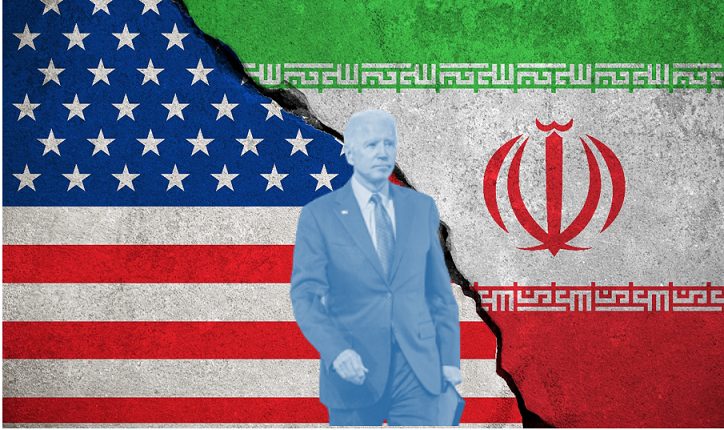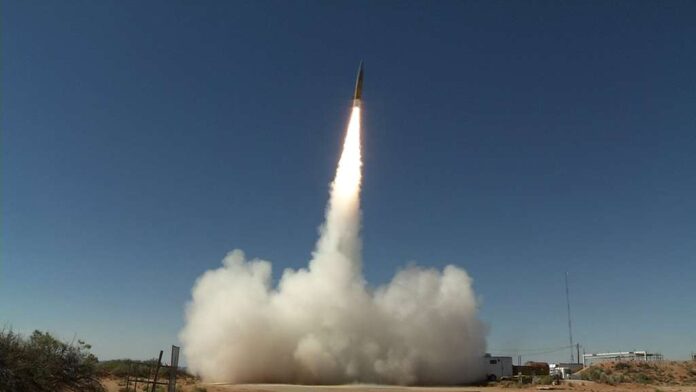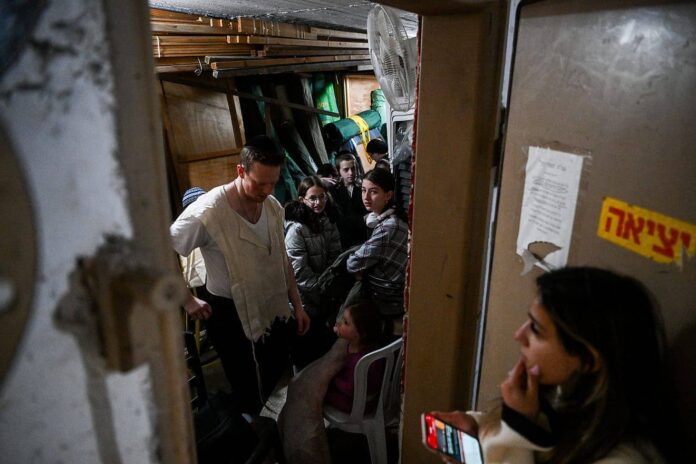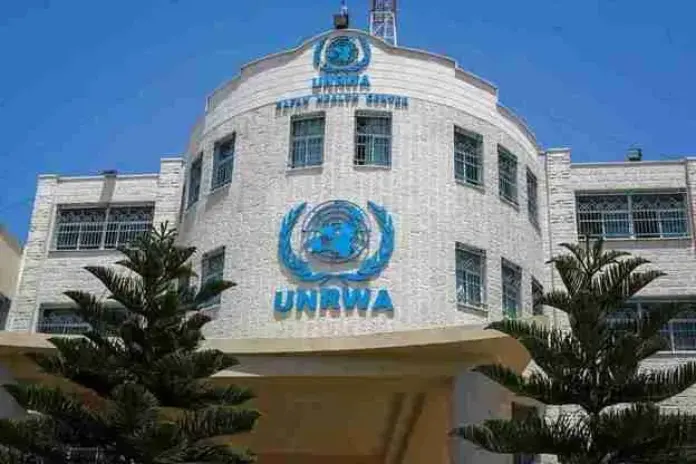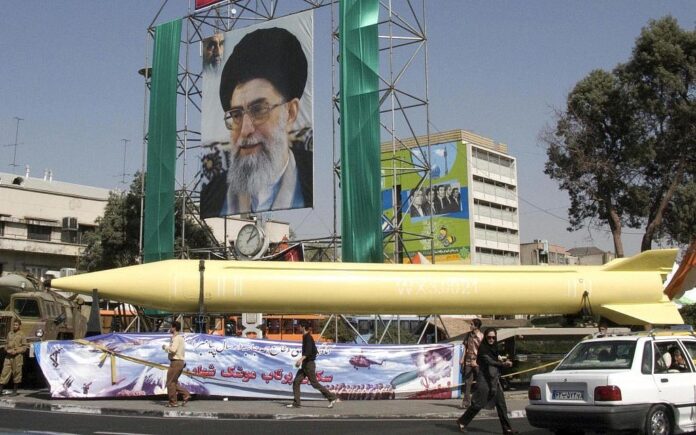Editorial Note
Universities in Canada saw a spike in anti-Israel and anti-Semitic incidents. IAM discussed this issue before.
IAM reported in September 2020, “Canada’s Battles on anti-Israel Activities” on the battle over the directorship of the International Human Rights Program (IHRP) at the University of Toronto. Pro-Palestinian activists support the nomination of Dr. Valentina Azarova, known for her anti-Israel and pro-Palestinian views. Not surprisingly, Azarova had previously taught at Birzeit University, Palestine. Azarova’s nomination has been rescinded. However, the administration of the University of Toronto announced that Azarova was not officially a candidate.
IAM reported in July 2022, “New Book on Anti-Israel Advocacy in Canada,” concerning several Canadian scholars who co-authored a book, Advocating for Palestine in Canada Histories, Movements, Action. IAM stated that, as has been the norm in pro-Palestinian academic circles, the book mainly focused on attacking Israel rather than discussing Palestinian issues.
However, since the Black Sabbath of October 7, 2023, the amount of anti-Israel and antisemitic cases has skyrocketed in Canada and elsewhere. Concordia University has recently decided to tackle this issue. A few days ago, President Graham Carr informed the students by email that a new Task Force was created as a result of increasing identity-based violence on campus. Standing Together Against Racism and Identity-based Violence (STRIVE) was formed after a long period of tension on campus. For example, on Nov. 8, 2023, there was an altercation on campus between pro-Israeli and pro-Palestinian students.
According to the Concordia website, the STRIVE Task Force “aims to counter identity-based violence through campus engagement, consultations with all members of our community, open dialogue, education, and awareness.”
According to the Concordia website, “Academic freedom and freedom of expression, core Concordia values, can only thrive when we make clear the distinctions between open and challenging discourse and expressions of threats, violence, and hatred against identifiable groups. Central to this task is the differentiation between identity-based violence, systemic discrimination, hate, and controversial speech. Racism and identity-based violence undermine the university’s commitment to respect, inclusion, and equality within our community. As a center of learning and production of knowledge, Concordia has a crucial role in addressing how identity-based violence creates barriers to full participation in our university community.”
President Carr promised to notify the student body of STRIVE’s progress.
A further examination of the Concordia website, however, finds a big surprise. Rachel Berger, Associate Dean, Academic Programs & Development, School of Graduate Studies, who is also a historian of medicine, food and the body in South Asia, is on the steering committee.
Berger has a long history of anti-Israel activism. For example, on October 26, 2023, she signed a petition by “Artists & Academics in Canada: Statement of Solidarity with Palestine,” who pledged our “support for the Palestinian people in the face of over 75 years of Israeli apartheid, settler colonialism, military occupation, and ethnic cleansing.” The petition repeats the anti-Israeli tropes of Gaza being an “open-air prison, a place of brutal massacres and weapon testing“ and so on. Most egregiously, the petition notes that, “The militant reaction from Palestinians in Gaza on October 7, 2023, is a result of decades of cruel and oppressive treatment.” In other words, the savage attack of Hamas on Israeli civilians in which residents were killed, raped, dismembered, and burnt, in addition of being kidnapped, was justified. As the saying goes, “Israel made us do it.”
The petition even blames Canada’s founders: “Understanding the settler-colonial nature of Canada and its foundations on the theft of Indigenous land and life, it is not entirely surprising that Canada would defend siege, slaughter, and the theft of land. Yet, this has created an atmosphere of increased racism, policing, intimidation, and fear for Palestinians and their supporters in the settler colony of Canada.”
In the Spring of 2021, Berger was among a group “Jewish Faculty Against the IHRA Working Definition of Antisemitism.” As IAM reported, after the International Holocaust Remembrance Alliance (IHRA) came out with a Working Definition of Antisemitism, which was widely accepted in the West, groups of pro-Palestinian academics mobilized to fight it.
In 2016, Berger was one of the initiators of the BDS call at Concordia, titled, “Simone de Beauvoir Institute’s Statement of Feminist Solidarity with the Palestinian Boycott, Divestment, and Sanctions (BDS) Movement.” It stated that the representatives of the Simone de Beauvoir Institute (SdBI) “voted in unanimous support of the following resolution on the Palestinian call for the boycott, divestment and sanctions (BDS) movement: As feminist scholars, activists, teachers, and public intellectuals we recognize the interconnectedness of systemic forms of oppression. In the spirit of this perspective, we cannot overlook the injustice and violence, including sexual and gender-based violence, perpetrated against Palestinians and other Arabs in the West Bank, Gaza Strip, within Israel and in the Golan Heights, as well as the colonial displacement of hundreds of thousands of Palestinians during the 1948 Nakba.”
The signatories of the imitative went on to state: “We share and are inspired by the values expressed by the December 2015 U.S. National Women’s Studies Association in their declaration of support for BDS and call for feminist solidarity with Palestinians. They state: “As feminist activists, scholars, teachers and intellectuals who recognize the interconnectedness of systemic forms of oppression, we cannot overlook the injustice and violence, including sexual and gender-based violence, perpetrated against Palestinians. Following their lead, we similarly regard our resolution in support of BDS as ‘an act of transnational solidarity aimed at social transformation for a better world’.”
On March 14, 2015, Berger signed an “Open Letter: Defend Freedom of Speech,” which addressed the “university community regarding Palestinian Rights and Canadian Universities.” The letter argued that there have been “increasing efforts to limit advocacy of Palestinian rights in Canadian universities, amounting to a pattern of the suppression of freedom of speech and freedom of assembly.” The undersigned, “Defend the right to freedom of speech about Palestine for all members of the university community, including freedom to use the term ‘apartheid’ to identify and debate certain policies associated with the state of Israel and the freedom to support, facilitate and participate freely in activities under the rubric of “Israeli apartheid week.” They also “Call for an end to the silencing of speech around Palestine, removing extraordinary requirements for security clearance and fees for security services.” And “Support increased ties to Palestinian institutions and scholars, and activities to support the right to education and academic freedom of Palestinians.”
She signed another Letter on August 10, 2014, published by a group named Canadians 4 Gazans, titled “Canadians for Justice and Human Rights in Gaza,” which stated that “Canadians call on the Government and federal political parties to condemn violations of international law in Gaza.” The group stated “We, the undersigned academics, professors, lawyers, community leaders, and prominent community members, are profoundly perturbed by the unbalanced and partisan position adopted by the Canadian Government and federal political parties regarding the current violence in Gaza… While Hamas’s indiscriminate rocket firings are illegal under international law, Israel is still bound by basic international humanitarian law principles protecting civilians during times of war and prohibiting collective punishment. Indiscriminate and disproportionate attacks on civilian life and infrastructure in Gaza violate fundamental norms of international law… Multiple human rights groups have documented and condemned likely Israeli war crimes in Gaza… As a country claiming to champion universal human rights and dignity, Canada’s foreign policy must align with international law, and reflect the equal value of Palestinian and Israeli life. The callous devaluation of Palestinian life communicated by our political leaders does not represent us.”
Berger was among the signatories of “Historians’ Letter to President Obama and Members of Congress” on August 28, 2014, demanding that the US change its policy toward Palestine/Israel, “In the face of the ongoing carnage in Gaza, members of Historians Against the War are circulating the letter.” It stated, “We deplore the ongoing attacks against civilians in Gaza and in Israel. We also recognize the disproportionate harm that the Israeli military, which the United States has armed and supported for decades, is inflicting on the population of Gaza. We are profoundly disturbed that Israeli forces are killing and wounding so many Palestinian children. Desperate conditions in Gaza resulting from Israeli policies have made effective evacuation of war zones virtually impossible. We regard as unacceptable the failure of United States elected officials to hold Israel accountable for such acts. As we watch the death toll mount and observe the terror of the trapped inhabitants in Gaza, we call upon you to demand a cease-fire, the immediate withdrawal of Israeli troops from Gaza, and a permanent end to the blockade so that its people can resume some semblance of normal life. We urge you to suspend US military aid to Israel, until there is assurance that this aid will no longer be used for the commission of war crimes. As historians, we recognize this as a moment of acute moral crisis in which it is vitally important that United States policy towards the Israeli-Palestinian conflict change direction.”
Canada adopted the IHRA Definition of Antisemitism, which would consider much of the content of Berger’s activism as antisemitic. This is deeply troubling because Concordia’s president created STRIVE to fight antisemitism. Therefore, Rachel Berger should not be allowed to serve on the Task Force.





